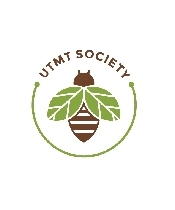
|

|
|
+918104580799 www.utmtsociety.org laxmi@utmtsociety.org |
| Project Name | Improving Tribal Livelihoods through Beekeeping | ||||||||||||
| Amount Utilized (INR) | 233391 | ||||||||||||
| Project Description | Many districts in Central and Western regions of India that are predominantly inhabited by Adivasi communities face significant economic and environmental challenges. Most households rely on rain-fed subsistence farming and traditional practices such as honey hunting. Agricultural inefficiencies, small landholdings, degraded soil health, unsustainable honey hunting practices, compounded by environmental degradation have made the communities vulnerable to the changing climate. Building on UTMT Society’s proven success in promoting sustainable beekeeping, this initiative is proposed in states of Gujarat, Maharashtra and Madhya Pradesh. It aims to address critical challenges such as declining pollinator populations, climate change vulnerabilities, and unsustainable agricultural practices. The project seeks to integrate sustainable beekeeping with indigenous bee species into the agricultural systems of Adivasi smallholder farmers, promoting ecological resilience and enhancing livelihoods. The project aims to directly benefit over 2000 Adivasi households, with a focus on including 30%-40% women. Key deliverables include: 1. Training and equipping Adivasi farmers in sustainable beekeeping practices and NPMA-aligned agricultural practices. 2. Establishing indigenous bee colonies by installing beehives in targeted communities, and distributing pollinator friendly flora to increase green-cover. 3. Development of Master Trainers (including women) to ensure grassroots capacity in sustaining and scaling project outcomes. | ||||||||||||
| Locations | Palghar > Maharashtra (MH),Tapi > Gujarat (GJ),Dang > Gujarat (GJ),Valsad > Gujarat (GJ),Chhindwara > Madhya Pradesh (MP) | ||||||||||||
| Causes | Climate action and Community resiliency > Others | ||||||||||||
| Beneficiary Group | Women,Tribal community,Others | ||||||||||||
| Beneficiary Description | Small and marginal farmers from tribal areas of Maharashtra, Gujarat and Madhya Pradesh till date, we have impacted 183000+ rural lives. | ||||||||||||
| Impact | 1. UTMT Society till date has impacted 1,83,000+ rural lives across 3 Indian states – Gujarat, Maharashtra and Madhya Pradesh. A direct impact of beekeeping has been increased crop yields for farmers. 2. The assessment showed that the income earned by beekeepers per year was between INR 19,000 - 35,000 while plot neighbours have an increase in income between INR 10,000 - 13,000 on an average per year. 3. The Social Return on Investment (SROI) showed that every 1 rupee invested in the project ensured a return of Rs 8.94- a very high SROI and among the highest for our donor. | ||||||||||||
Activities Conducted
| |||||||||||||
| Project Name | Improving Tribal Livelihoods through Beekeeping | ||||||
| Amount Utilized (INR) | 36077 | ||||||
| Project Description | The funds were utilised for program management cost that facilitated the organisation to cover expenses like auditior fees accounting fees etc | ||||||
| Locations | Mumbai City > Maharashtra (MH),Palghar > Maharashtra (MH) | ||||||
| Causes | Environment > Technology development,Income > Skilling & vocational training | ||||||
| Beneficiary Group | Women,Tribal community | ||||||
| Beneficiary Description | The beneficiary we have the small-holding farmer mainly from tribal communities that practice subsistence farming. They are from the middle age groups | ||||||
| Impact | NA | ||||||
Activities Conducted
| |||||||
| Project Name | Building Sustainable Livelihoods among Tribal Communities through Beekeeping with Indigenous Bees | ||||||||||||
| Amount Utilized (INR) | 80500 | ||||||||||||
| Project Description | The overall objective of the project is to develop a develop replicable and holistic approach for promoting sustainable livelihoods for tribal through integration and blending of tested technologies and strategies of family focused and area-based programme that revolve around beekeeping with indigenous bees. Livelihood diversification is core to poverty alleviation and rural development. A large portion of the rain-fed area (65% of arable land) in India is characterized by low productivity, high risk and uncertainty, low level of technological change and vulnerability to degradation of natural resources; hence pollination is a significant factor. The project, is undertaken in districts, which have a significant tribal population and BPL households. Multi-dimensional poverty is the major hurdle in policies designed for inclusive growth of the population of these districts facing crucial deprivations. The project focuses on creating a cadre of beekeepers who can increase pollination cover of villages while simultaneously being able to increase yields of their crops and neighbours’ crops. The project also aims to improve seasonal beeflora cover in the project villages to increase the green cover. In doing so, it will explore the synergies with UTMTS’s Bee for Poverty Reduction model (BPR) and increase incomes for these households. | ||||||||||||
| Locations | Madhya Pradesh (MP), Maharashtra (MH), Gujarat (GJ) | ||||||||||||
| Causes | Environment | ||||||||||||
| Beneficiary Group | Tribal community | ||||||||||||
| Beneficiary Description | 1587 individuals | ||||||||||||
| Impact | 1) Farmer community sensitised about bees and beekeeping and it’s significance in agriculture. 2) Approximately 1587 farmers trained in beekeeping with indigenous bees. 3) Reduction in unsustainable honey hunting practices. 4) Promoting pollinator population- indigenous bees. 5) Enhanced green cover of the areas with bee-flora intervention. | ||||||||||||
Activities Conducted
| |||||||||||||
